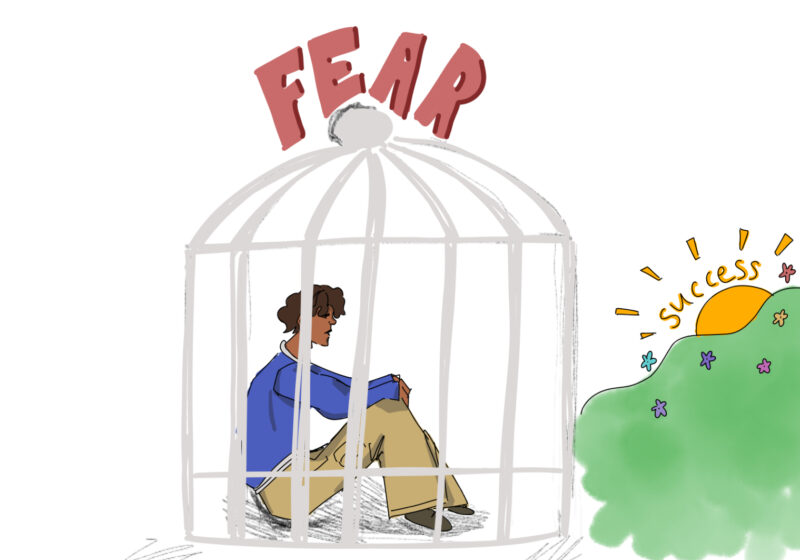As I stumbled out of the Periodical Reading Room during finals week last semester, it took all my God-given dexterity and nimbleness to avoid the sea of Starbucks,
Connections and Java City coffee cups overflowing the trash can and strewn across the threshold of the doorway. The campus, addicted to caffeine during the final weeks of the semester, seemed to have cleaned house of all the coffee at UR. The end results were trash cans exploding at the brim, a mini Starbucks advertising campaign wherever a waste receptacle could be found. The new era of President Barack Obama will probably usher in a stimulus package centered around eco-friendly projects. A few days ago, he ordered automobile regulators to set strict emissions tests on cars. The green movement is nationwide. We can make a difference on campus as well in one simple, yet important way. We can start buying reusable coffee mugs.
To analyze the extent of our coffee cup damage, I took to the streets of Wilson Commons and Rush Rhees, peering into the depths of our rubbish to find out just how many cups we really are wasting. I spotted eight leaving the PRR and six more each in two separate cans in Gleason. All I found in the Starbucks trash cans were empty cups. And this was just the tip of the iceberg, I didn’t actually dig into the trash cans. Imagine what lay below the surface. Furthermore, every time I spot a trash bag lying around waiting to be taken out, I see nothing but a glut of Starbucks sleeves smiling back up at me. Our coffee cup waste is everywhere.
Not only is it eco-friendly to start using less coffee cups, it makes economic sense as well. Reusable coffee mugs can be purchased from Starbucks and the Corner Store for as cheap as $10. Yet the refill prices at Starbucks are only $.99, and the reusable mugs are 16 ounces. That’s right, your Grande house, estima or decaf for half the price. Heck, you can even use them for tea, hot chocolate and other hot specialty drinks (although you don’t get the discounts). Think about it. You front 10 bucks to buy a reusable mug. Now your grande coffee, which used to cost you $1.85 at Starbucks, or $1.89 at Connections now costs you $.99. With just ten purchases, you’ve covered the cost of that coffee mug. Now the savings kick in. Say you purchase five cups of coffee a week, one for each day of class. After about two weeks, you’ve offset the purchase of your reusable mug.
Every cup of coffee you purchased from then on would save you roughly $.99. If you repeated this action throughout the course of the semester, purchasing five cups of coffee a week, at the end of a 16 week semester, you would save yourself about $72 on Declining per semester. Think about what you could do with $72 extra in Declining. You could buy yourself 43 more rainbow cookies. Or 14 quesadillas. Or 40 of those delicious lemon poppyseed muffins from Connections. Or here’s an idea. Remember all of those complaints to administration that the price of meal plans was too high? Imagine if all of the students went to Dining, having saved $80 bucks on top of the $150 we probably have left over. Would that catch Dining Services’ eye?
So if you’re looking to decrease your environmental impact or just to buy an extra rainbow cookie or two, your answer is a reusable coffee mug.
Willis is a member of
the class of 2011.




